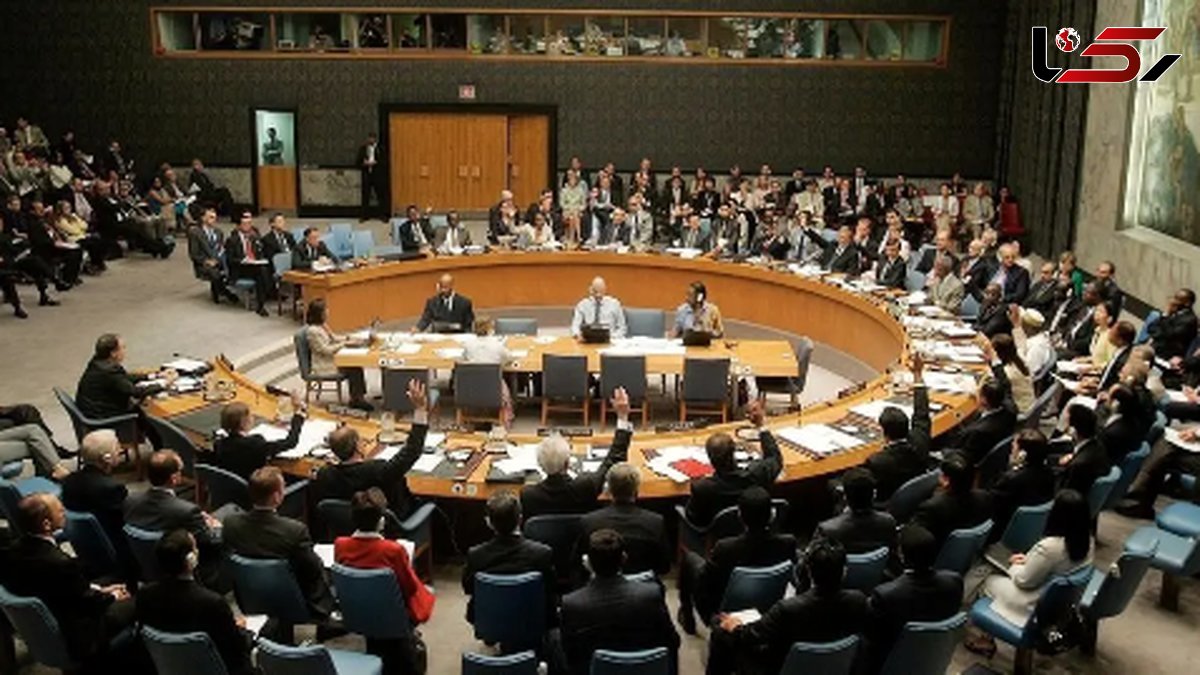Draft UN Security Council Resolution to Lift Iran Sanctions: A Major Step Toward an Agreement
Rokna Political Desk: South Korea, as the current President of the UN Security Council, has finalized a draft resolution to permanently lift sanctions on Iran. However, given potential opposition from some countries, the likelihood of its adoption in a vote appears low.

South Korea finalized the UN Security Council draft resolution concerning the lifting of Iran sanctions.
According to Rokna, as the current chair of the 15-member Security Council, South Korea finalized a draft resolution that would permanently lift sanctions on Iran. However, according to diplomats, the timing of the vote on the resolution has not yet been determined.
On August 20, the United Kingdom, France, and Germany initiated a 30-day process to reimpose UN sanctions on Iran, accusing Tehran of failing to comply with the 2015 nuclear agreement with world powers, which aimed to limit Iran’s nuclear program.
Under this process, known as the “snapback,” the Council must now vote by late September on a resolution to permanently lift sanctions on Iran, which requires at least nine affirmative votes and no veto by the United States, Russia, China, the United Kingdom, or France for adoption.
If no member submits such a resolution within ten days after the snapback process is activated, it then becomes the responsibility of the Security Council President—in September, South Korea—to submit it.
According to Reuters, with the draft resolution finalized on Monday, South Korea can now put it to a vote at any time before the expiration of the 30-day period. However, it is unlikely that the resolution will be adopted.
The United Kingdom, France, and Germany claim that they are trying to persuade Iran to comply with three requirements so that their threat to reimpose UN sanctions for a limited period is delayed, creating space for negotiations on a long-term agreement to address their concerns regarding Tehran’s nuclear program. Such a delay requires the adoption of a Security Council resolution.
Meanwhile, Russia and China, as Iran’s allies, separately finalized a draft resolution at the Security Council late last month to extend the 2015 nuclear deal for six months and call on all parties to immediately resume negotiations. However, they have not yet requested a vote.
If Russia and China submit their resolution to a vote before Germany, France, and the United Kingdom reach an agreement with Iran on delaying the snapback, it could be vetoed by France, the United Kingdom, or the United States.
Send Comments